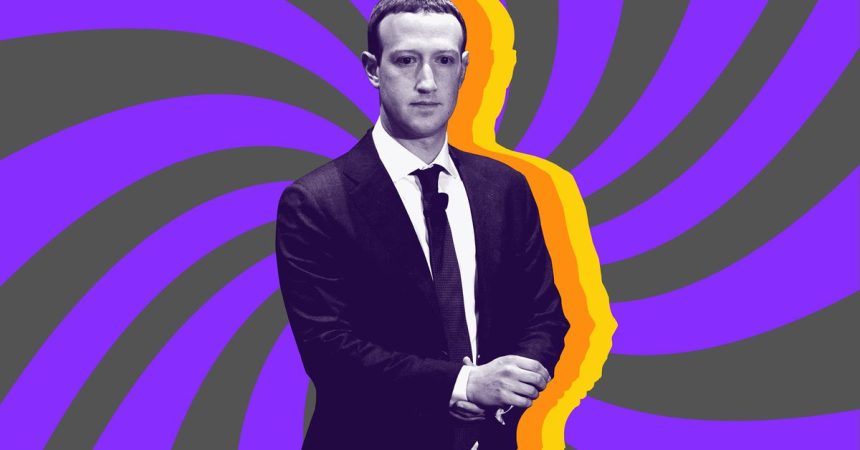Mark Zuckerberg, CEO of Meta, recently expressed his critique of Apple’s innovation trajectory during a podcast interview with Joe Rogan. Zuckerberg contended that Apple has stagnated, relying heavily on the legacy of the iPhone without introducing groundbreaking advancements in recent years. He argued that Steve Jobs’ invention of the iPhone, while revolutionary, has become Apple’s crutch two decades later, hindering the company’s drive for further innovation. This criticism underscores a larger tension between the two tech giants, stemming from Apple’s App Store policies and their impact on Meta’s business operations.
Zuckerberg’s critique extended beyond a perceived lack of innovation to Apple’s business practices, particularly its App Store policies. He echoed Rogan’s concerns about the 30% commission Apple takes on certain App Store transactions, deeming it excessive and arbitrary. He further argued that Apple strategically restricts access to its ecosystem, preventing other companies from developing products that seamlessly integrate with the iPhone in the same way Apple’s own accessories do. This, Zuckerberg asserted, stifles competition and limits consumer choice, citing the example of AirPods and the potential for superior alternatives if Apple allowed broader access to its protocols.
Underlying Zuckerberg’s criticisms is a clear business motivation. Meta has been significantly impacted by Apple’s App Store restrictions and privacy changes, which have hampered Meta’s advertising revenue and its ability to compete effectively in the hardware market. Zuckerberg estimated that Meta’s profits could potentially double if not for these constraints, illustrating the financial stakes of the conflict between the two companies. These financial implications, coupled with Zuckerberg’s belief in a more open and interconnected digital landscape, fuel his critique of Apple’s walled-garden approach.
The clash between Meta and Apple reflects a broader industry debate regarding platform openness and competitive practices. Apple is facing increasing pressure to open up its ecosystem, driven by regulatory changes in the European Union and an antitrust lawsuit from the US Department of Justice. While Apple maintains its closed ecosystem, Zuckerberg believes this strategy will ultimately backfire. He argues that the rapid pace of technological advancement demands continuous innovation, and Apple’s perceived complacency risks it being overtaken by competitors who are more agile and responsive to evolving consumer needs.
Beyond his critique of Apple, Zuckerberg also shared his vision for the future of technology, emphasizing the blurring lines between the physical and digital worlds. He discussed the potential of neural interfaces, particularly wrist-based devices that could seamlessly interact with augmented reality glasses. In this future scenario, users could communicate with friends, access information from AI, and experience an augmented reality overlaid onto the physical world through their glasses, all controlled by subtle movements and intentions captured by the neural interface. This vision aligns with Meta’s investment in the metaverse and its ambition to create interconnected digital experiences that seamlessly integrate with our physical lives.
Zuckerberg ultimately envisions a unified reality where the digital and physical worlds merge, creating a richer and more interactive experience. He predicts that by 2025, the distinction between these two realms will become increasingly irrelevant as virtual objects and holographic projections become commonplace, seamlessly integrated into our physical surroundings. This vision reflects a broader trend in the tech industry towards creating more immersive and interconnected digital experiences, blurring the boundaries between the virtual and real worlds and transforming how we interact with technology and each other. This perspective underscores Meta’s strategic direction and its pursuit of a future where digital interactions are as natural and intuitive as physical ones.



